- HOME
- ALL ARTICLES
- Commercial Real Estate Developer
All About Getting Started as a Commercial Real Estate Developer
Commercial real estate development can be a very lucrative business. According to Realty Biz News, developers average $3 million in gross profits on $16.23 million in revenues, which is an 18.9 percent gain. Becoming a real estate developer is a great choice, financially speaking. The work can be enjoyable too, besides.
If you’re interested in becoming a commercial real estate developer, Marissa Perez of Business Pop walks you through some of the critical information you need to know to get started.
Educational And Legal Requirements
You don’t need educational qualifications to be a commercial real estate developer, says the Institute of Real Estate Education, although a degree in a field like finance or business can give you an extra edge. Pursuing a course in the field may be a good idea. You need other things to succeed: a strong social network, entrepreneurial and business management skills, troubleshooting skills, and some experience with real estate.
You need a real estate license to become a developer. Every state has its own requirements for licensing, reports The Close. You will need to complete a pre-licensing course, prepare for the state exam, pass the exam, and register your license with the state. If you’re planning to run your own business, you will have to register the business, acquire an EIN, possibly obtain insurance, get a bank account, and more.
Research And Get To Know Your Local Market
The success of your business will depend heavily on the local market conditions. You must get a handle on local conditions, not to mention as much insight as possible into competitors. You may want to look at factors like daily traffic figures, household income, interest rates, and demand and supply dynamics to determine the potential profitability of your business.
Acquiring Funding
There are several funding avenues open to you. The most popular ones include bank loans, private equity, seller-financed real estate, and real estate syndication. Bank loans will typically only cover 60 to 80 percent of the property price. You will need to get creative and explore your options to find the best possible source of funds.
Making And Managing Teams
Commercial real estate development requires many skills, which means you will need to build and manage a team of professionals. Examples include architects, engineers, consultants, attorneys, lenders, surveyors, designers, and contractors. Small developers typically outsource services on an as-needed basis.
One critical member of your team will be a commercial plumber who can be on call 24/7 for emergencies and who can guarantee regular maintenance. You should know that the main difference between a residential and commercial plumber is that a local commercial plumber will have a familiarity with the building type where your business is located. They will also be apprised of codes and regulations, which will often dictate the scope of work they’re able to perform.
Risk And Safety Considerations
Real estate comes with its fair share of challenges and risks that you have to account for:
1. Risk of doing business
Doing business successfully requires careful risk assessment and management. Specific risks include credit risk, inflation, administration issues, risk of construction, location-related factors, planning and construction, and liquidity.
2. Safety for your teams
You will need to make sure your crew remains safe during the construction phase. Consider worksite safety, environmental hazards, access, fire safety, security, surface, air quality, and the presence of hazardous materials and toxins.
3. Lighting for safety
Lighting is a critical safety consideration, both during and after construction – especially if your building offers a parking garage. Visibility is essential for drivers and pedestrians. There are multiple lighting options for parking lots that lead to well-lit stairwells, vestibules, and walkways. Maximum lighting offers an extra safety layer, allowing people to see where they’re going. It also acts as a deterrent to criminal activity.
Marketing Considerations
Marketing should be a primary consideration for your business. You will need to make a powerful impression, locally, through offline and online advertising and marketing campaigns. It’s always a good idea to create a memorable, professional logo as a marketing aid. You can use online logo makers to create beautiful logos. Just add style and icons, text, and colors, and then pick from an assortment of logo templates.
Conclusion
Your success in commercial real estate development will depend upon your grit, creativity, ability to manage money, managing a team of capable professionals, and achieving and setting goals consistently. Also, double-checking your safety setup, like lighting and team safety, will help you to avoid problems down the road. Keep learning and potentially find a mentor to maximize your chances of success.
Marissa Perez, author of the above article, has spent the last 10 years honing her marketing skills and now she wants to share her knowledge with those who have decided to take on entrepreneurship. She co-created Business Pop to provide insight and advice to those who aspire to succeed in owning a business.
Back to the home page: Construction Project Management at InformedContractors
Back to the top of this page:
All About Getting Started as a Commercial Real Estate Developer

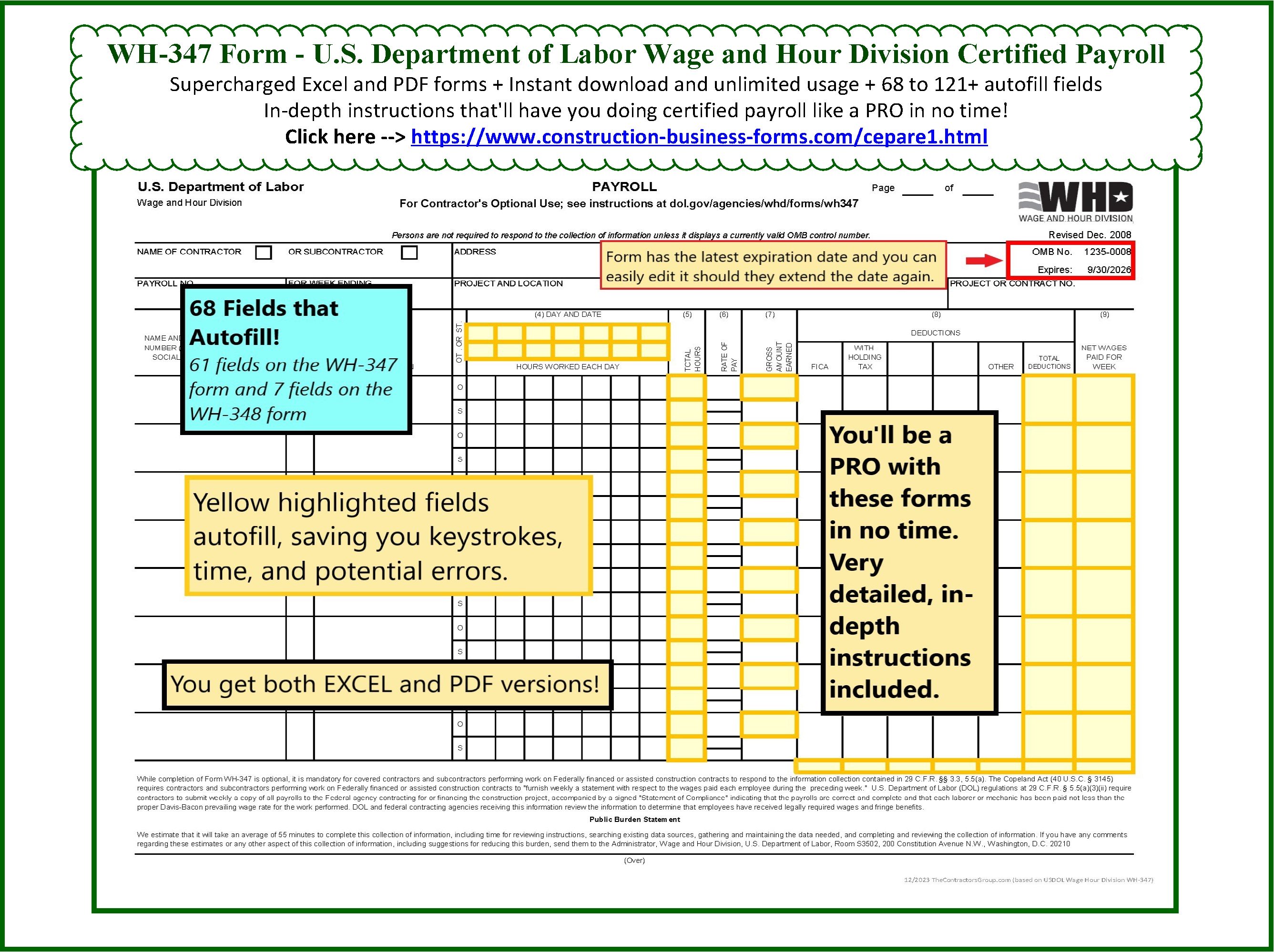
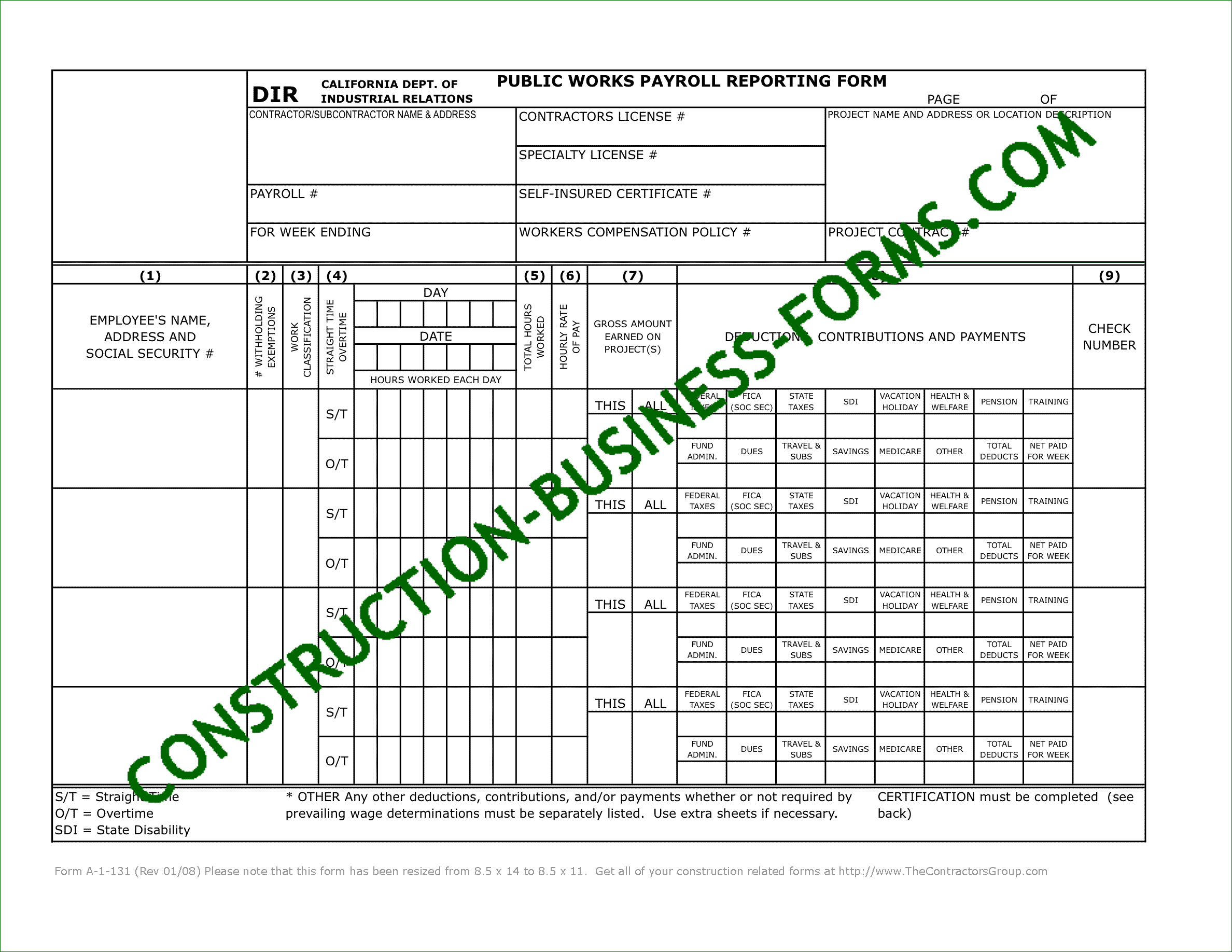
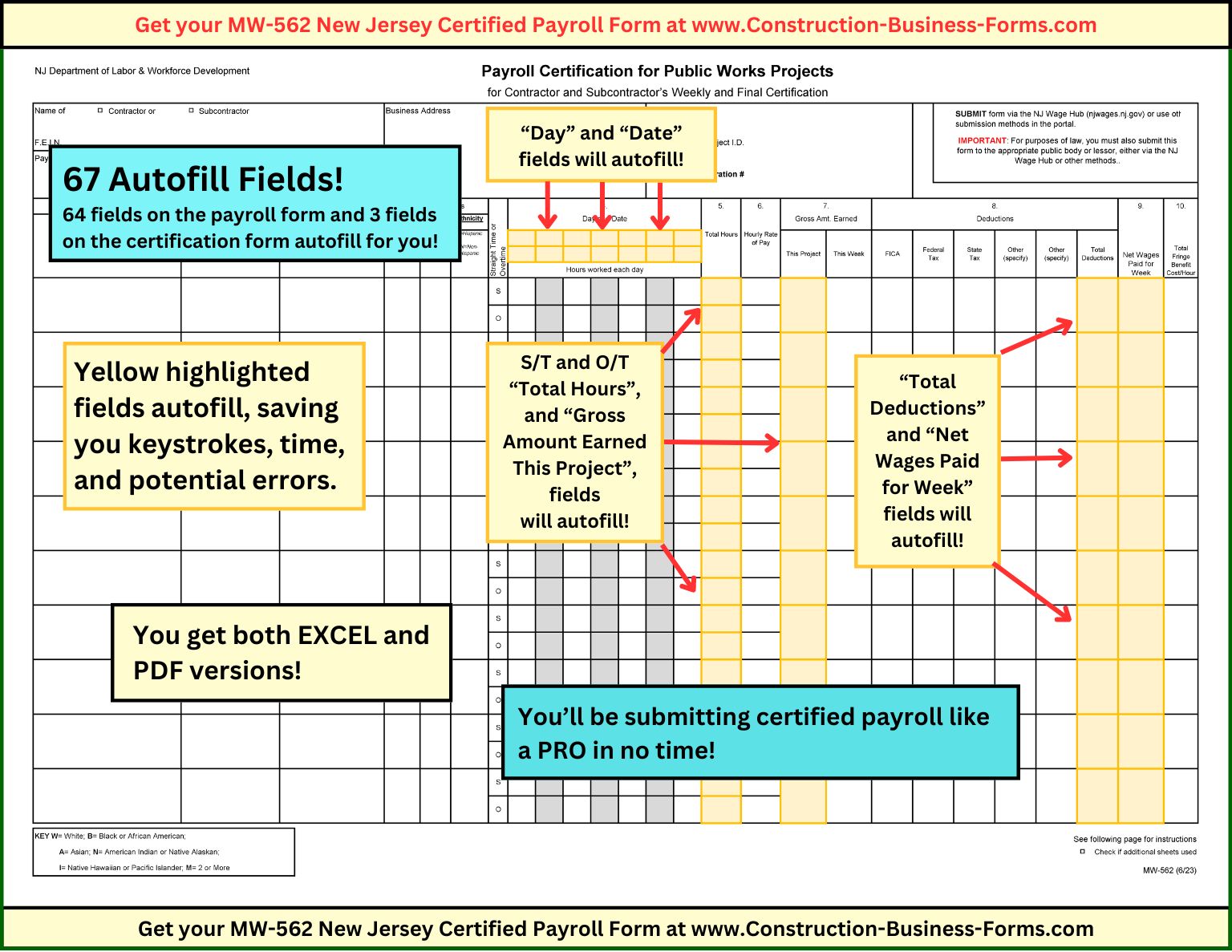
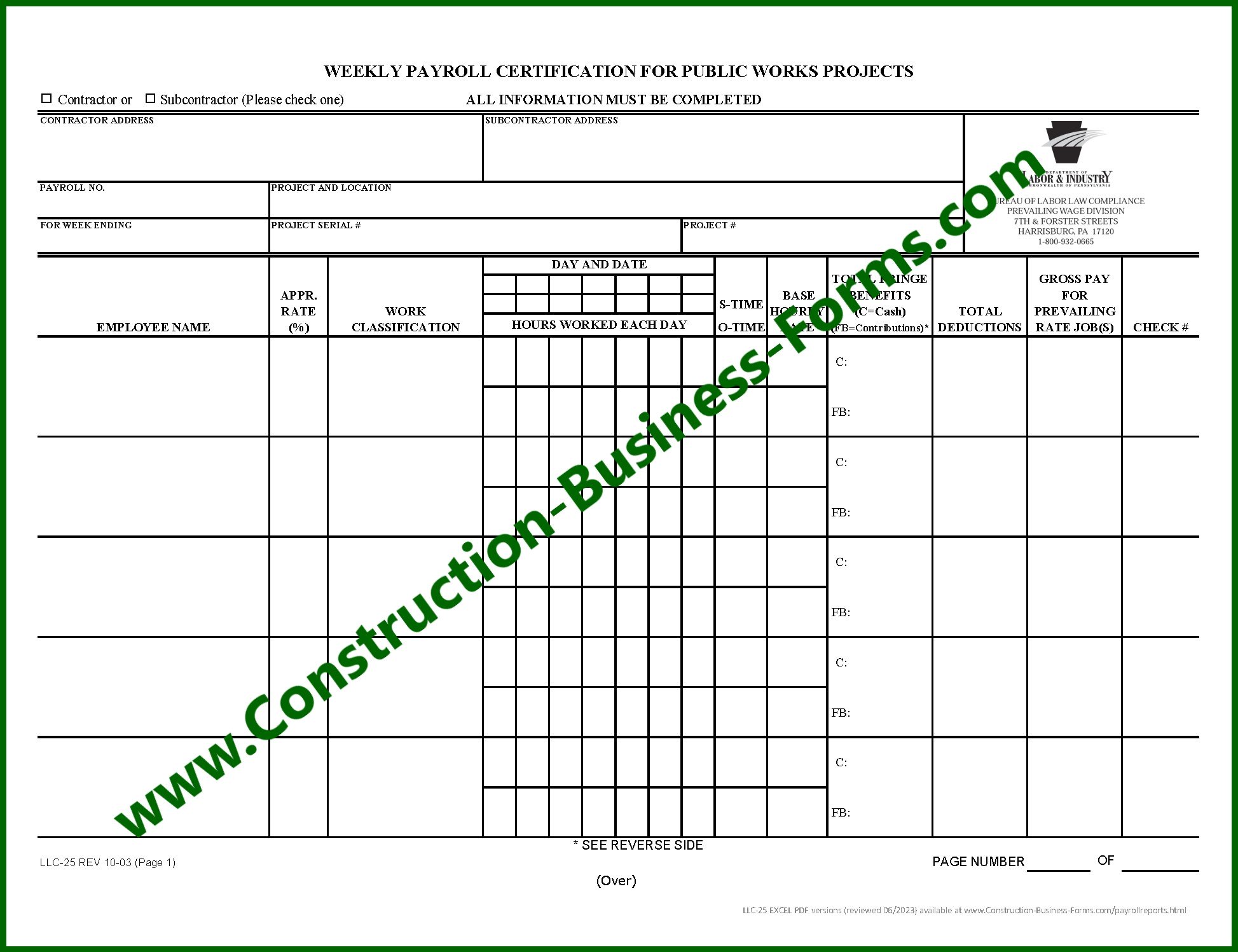
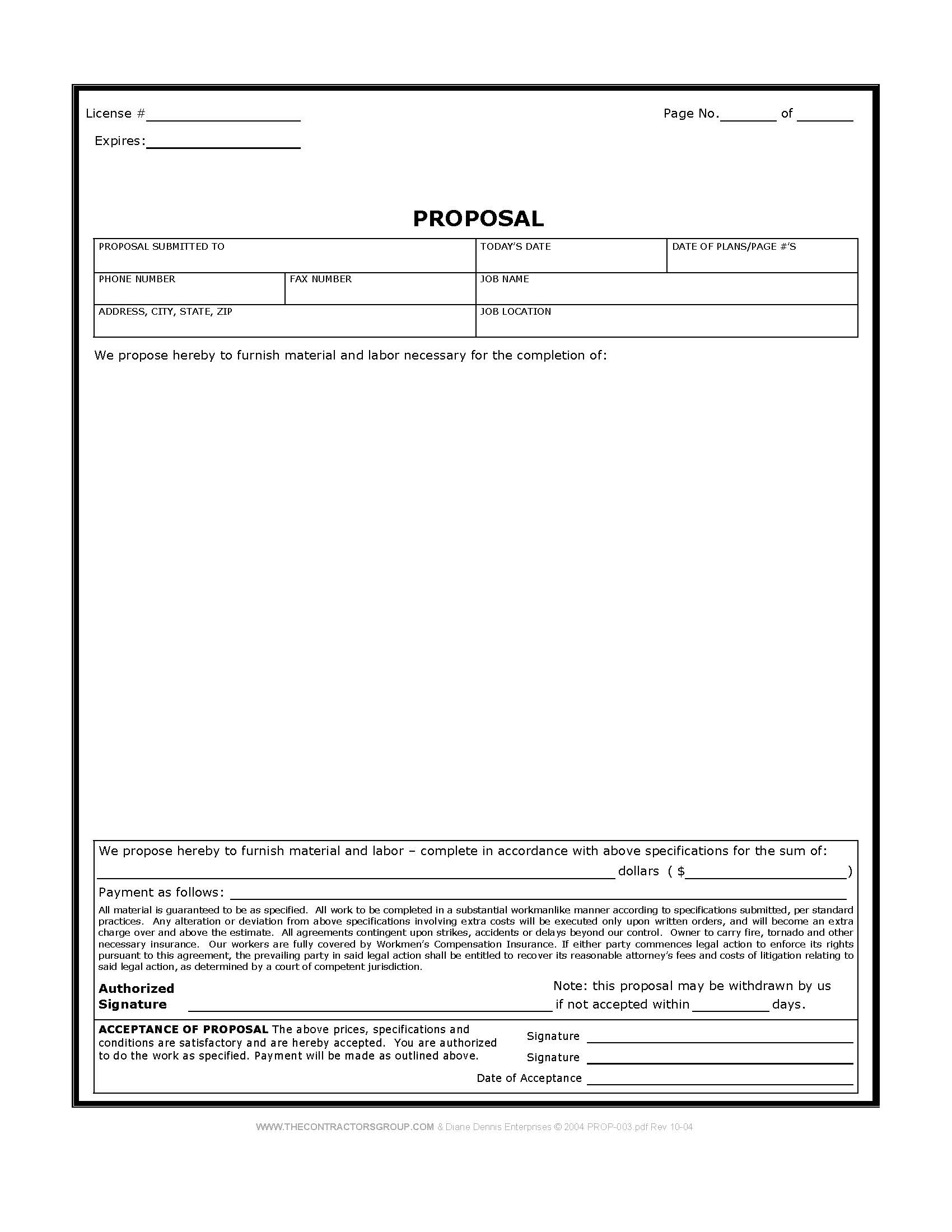
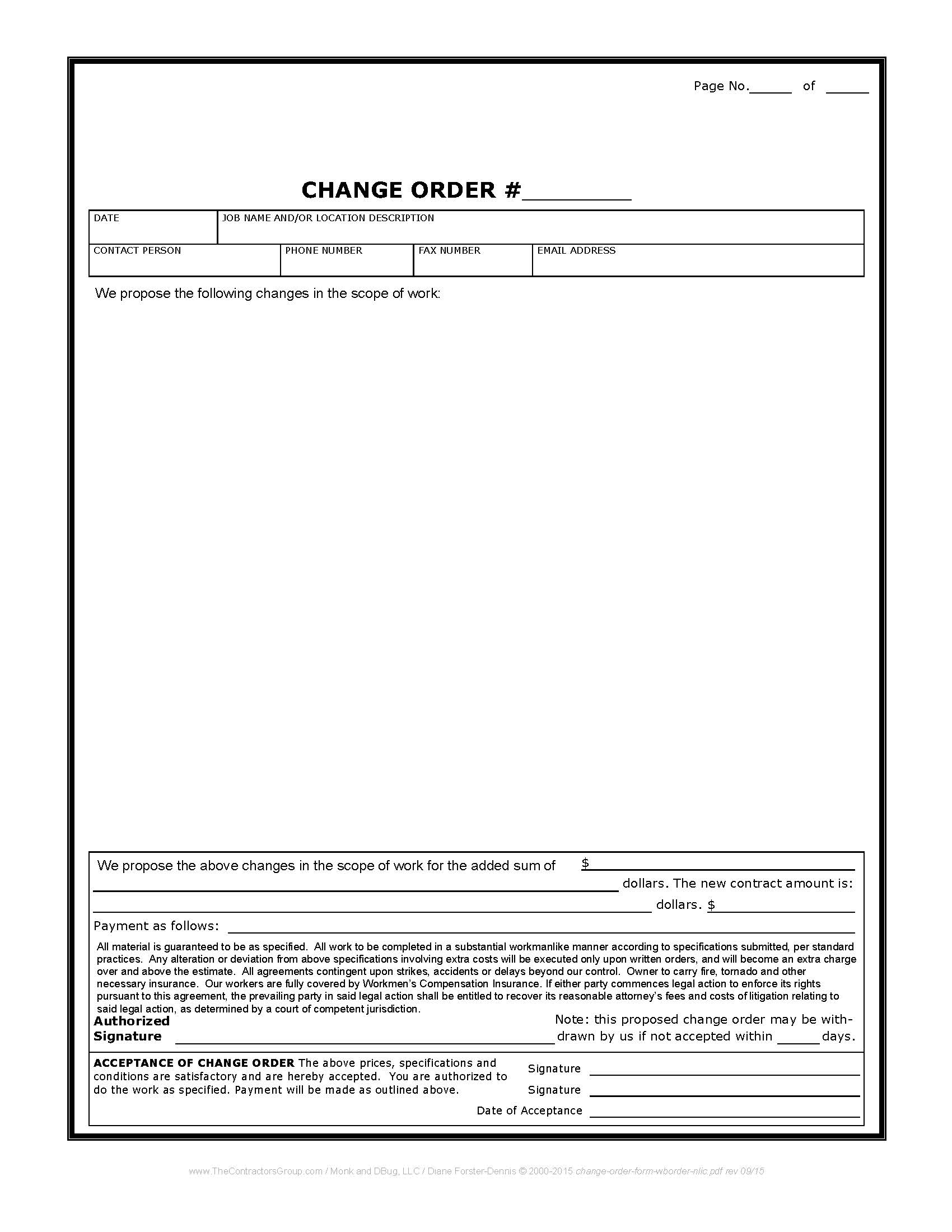
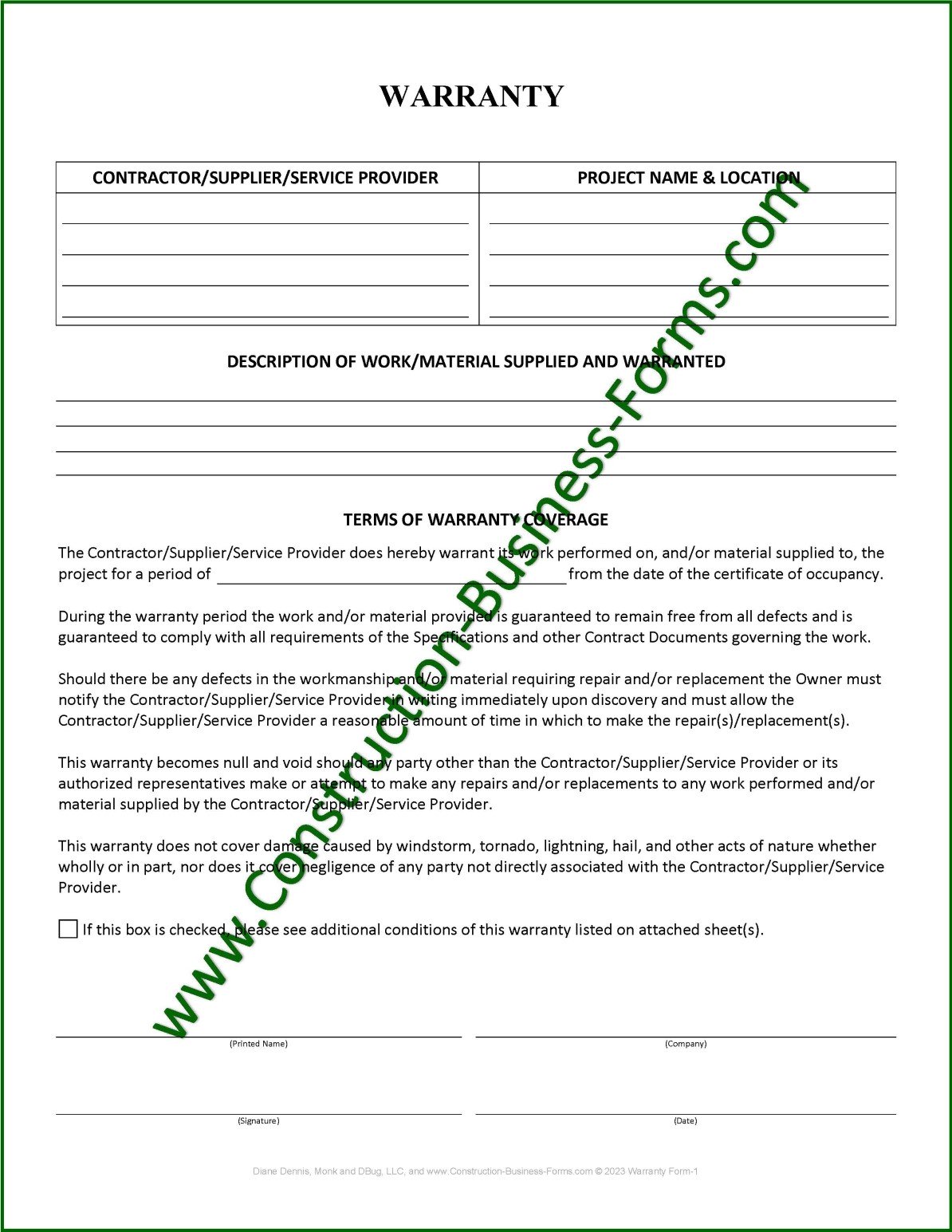
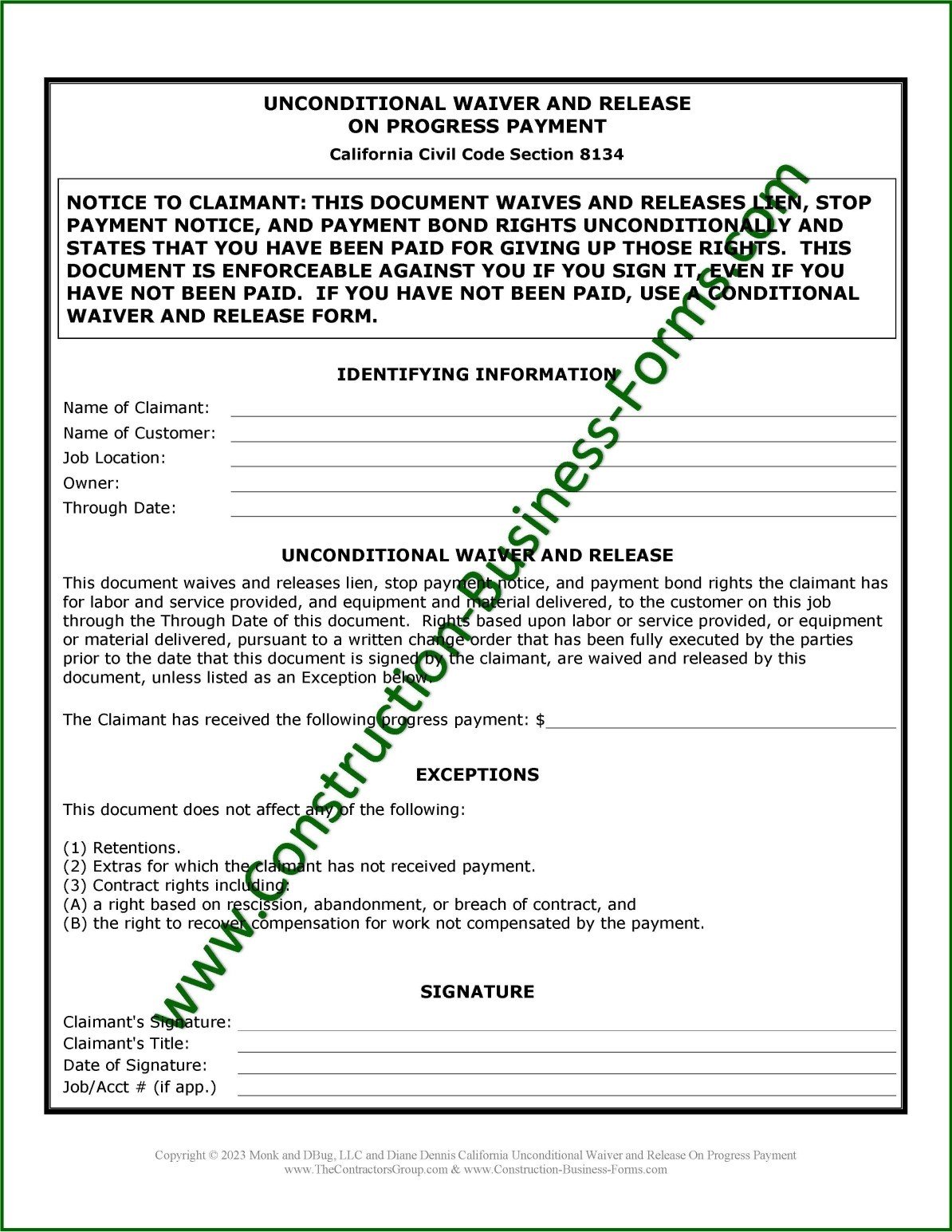
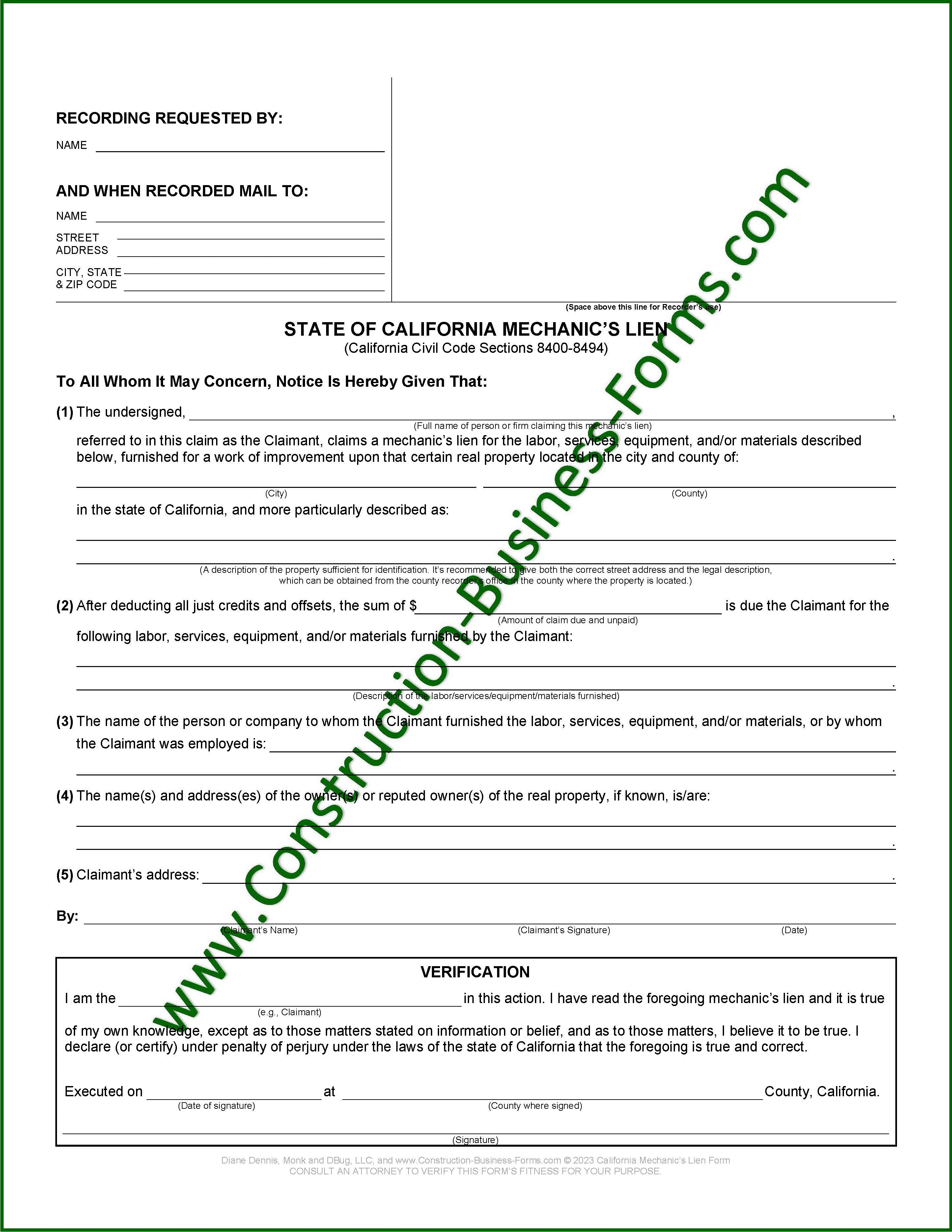
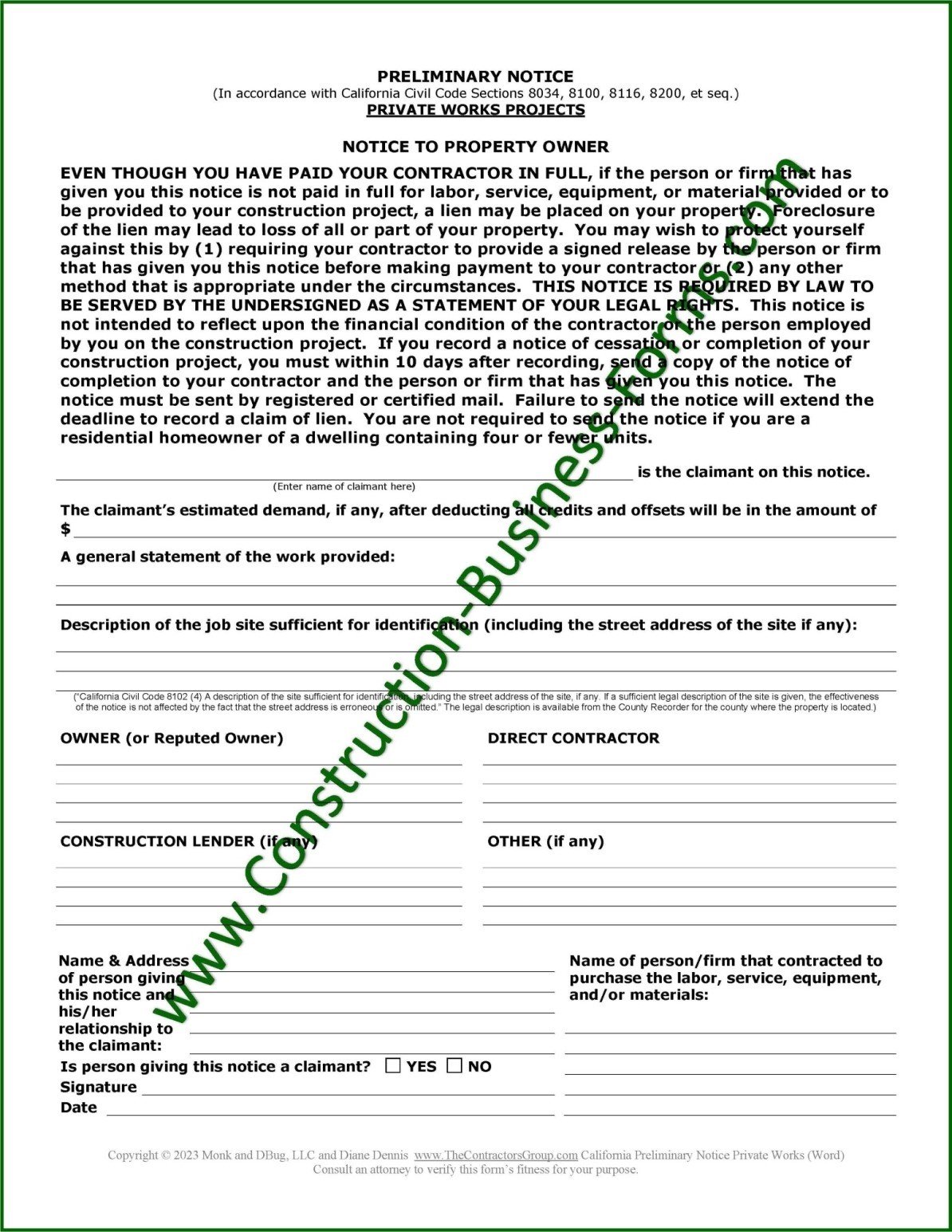



New! Comments
Please leave me your comments below. Facebook doesn't notify me of comments but I'm tickled when I come across them and I always respond when I see them.